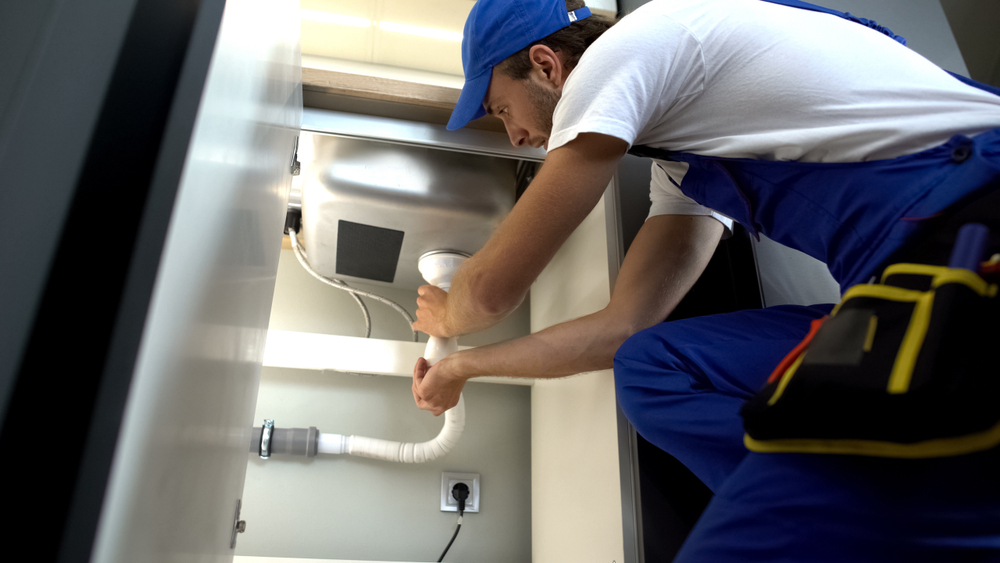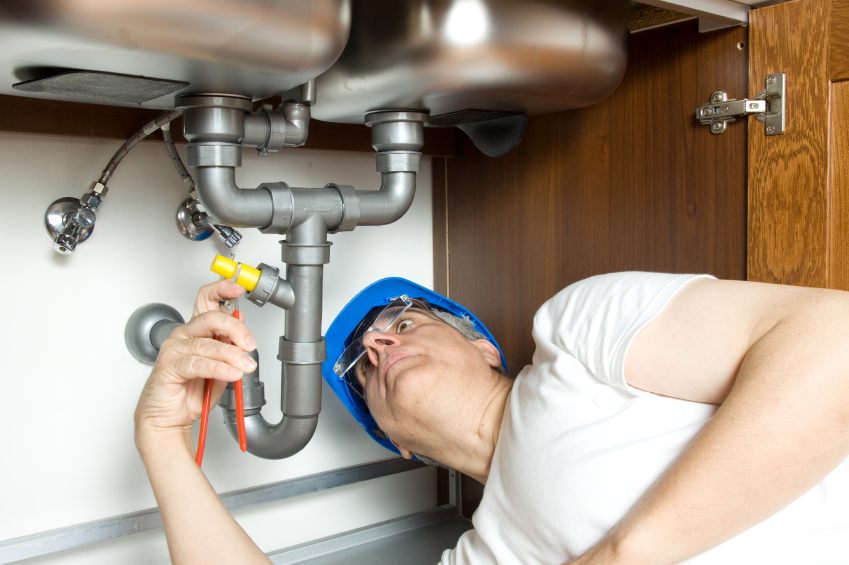Effective Solutions for Pipe Issues: Key Steps to Take Until Help Arrives
Effective Solutions for Pipe Issues: Key Steps to Take Until Help Arrives
Blog Article
Just about everyone maintains their private assumption about Expert Tips for Emergency Plumbing Repairs.

Plumbing emergency situations can strike at any moment, causing anxiety and possible damages to your home. Whether it's a ruptured pipe, a stopped up drainpipe, or a leaky tap, recognizing how to handle the circumstance till a specialist plumber shows up can save you from more complications. This post gives important emergency situation pipes tips to help you reduce damage and restore control throughout a pipes situation.
Turn Off the Supply Of Water
The primary step in any type of pipes emergency situation is to shut down the water supply. For localized issues, such as a leaking faucet or bathroom, shut off the shutoff near the component. When it comes to a major leak or burst pipe, find your home's primary water shut-off valve and turn it off right away. Understanding the place of these shutoffs ahead of time can conserve beneficial time throughout an emergency.
Shut Off Your Water Heater
In particular emergency situations, such as a ruptured pipeline, it's wise to shut off your water heater. This avoids overheating or damage to the system when water stops streaming. Shut off the power supply to the hot water heater (electrical or gas) and allow it cool to stay clear of possible threats.
Momentarily Quit a Ruptured Pipeline
A ruptured pipeline can result in significant water damage in minutes. To mitigate the issue:
Call a specialist plumbing professional quickly to resolve the issue completely.
Have an Emergency Plumbing Kit
Prepare a standard pipes emergency situation kit to take care of small problems efficiently. Your kit must include:
Having these devices available can make a significant distinction in your capacity to handle emergencies.
Unclog Drains Pipes Securely.
A blocked drainpipe can be a discouraging and untidy issue. Here's just how to tackle it:.
If these methods don't function, prevent making use of excessive pressure, as it may get worse the blockage.
Handle Overflowing Toilets.
An overflowing bathroom can create instant disorder. Right here's what you need to do:.
Address Little Leakages with Temporary Solutions.
Small leaks can promptly become considerable troubles if left unchecked. Use these short-term solutions till professional help shows up:.
While these fixes aren't permanent, they can assist lessen water loss and damages.
Manage Frozen Piping Meticulously.
In colder environments, icy pipelines are an usual emergency. If you suspect a frozen pipe:.
Know When to Call a Professional.
While quick fixes can aid momentarily, particular plumbing problems require immediate specialist focus. Call a plumber if:.
Without delay speaking to an expert ensures the concern is settled appropriately and stops additional complications.
Protect against Additional Damage.
Taking quick activity to lessen damage can save you money and time over time. Here's how:.
Verdict.
Plumbing emergency situations can be frustrating, but with the right understanding and tools, you can take care of the circumstance effectively till help gets here. By turning off the water system, resolving little leakages, and utilizing temporary repairs, you can minimize damages and keep your home safe. Bear in mind, these suggestions are short-lived services; constantly speak with an accredited plumbing to manage the root cause of the trouble. Preparation and fast reasoning are your best allies in any kind of plumbing emergency situation.
8 Helpful Tips for Managing Plumbing Emergencies at Home
If your plumbing system hasn’t failed once, wait for it because almost everyone has a story to tell. Sometimes, it could be simple emergencies such as a leaking pipe, a blocked cistern, or even a big burst pipe. In situations like this, you need to have some handy tips to save you some money and from possible damages.
Take care of minor issues early.
Sometimes, you could have avoided an emergency by taking proactive measures while it was still early. Some major plumbing emergencies can be a result of an ignored minor issue. We recommend that you have items like plumbing tapes and other related items. A plumbing tape can allow you to manage minor leaks before the plumber arrives.
Cut off the water supply.
This tip is essential in almost any type of leakage problem. For problems like minor leakages in the toilet or kitchen, turn off the supply that takes water to the affected pipes. If the leakage is a major pipe, you must shut off the supply valve to the entire building. This will help you avoid flooding your home and neighbors if you share a flat.
Know your plumbing system
Folks typically move into a new apartment without understanding the water supply around the building. This can prove disastrous if a water emergency arises and the plumber is far away. The previous tip will prove useless if you don’t practice this one. More importantly, know where your water shut-off valve is located – you’ll need that knowledge to prevent potential home floods.
Have some common handy tools
There are lots of plumbing emergencies that you can handle without hiring a plumber. That’s why you must keep some tools available always. Some tools that you can use to fix simple plumbing emergencies easily include plumbing tapes, screwdrivers, thread seal tapes, plungers, pliers, tape measures, and rubber gloves.
Insulate your pipes from cold
You’ll save yourself from many plumbing expenses if you protect your water pipes from the cold. This is because of the harmful effects that cold weather can have on your pipes. During winter, your pipes can burst from being overly expected to freezing temperatures. So, make sure insulators are there to keep the pipes working correctly.
Avoid practices that will clog your toilet.
Many people indulge in practices that can damage the plumbing system of the entire building. One of these is when they use their toilet to dispose-off garbage. They flush all kinds of things, such as paper towels, bandages, hairs, female sanitary products, etc., down the toilet. This will block your toilet in the long run, incurring unnecessary expenditures. Dump such waste in the trash instead.
Check your dials regularly.
Sometimes, there could be leakages in your home without noticing them in time. So, constantly monitor your water meter dial. If the dial is reading when there is nobody using water, this is an indicator that there is leaking. Check for leaks immediately. Call a plumber as soon as possible if you can’t find any.
https://www.constructionplacements.com/8-helpful-tips-for-managing-plumbing-emergencies-at-home/

We had been shown that article about Expert Tips for Managing a Plumbing Emergency Until Help Arrives from a good friend on our other web property. Don't hesitate to take a moment to share this blog posting if you enjoyed it. We recognize the value of your readership.
Call Today Report this page